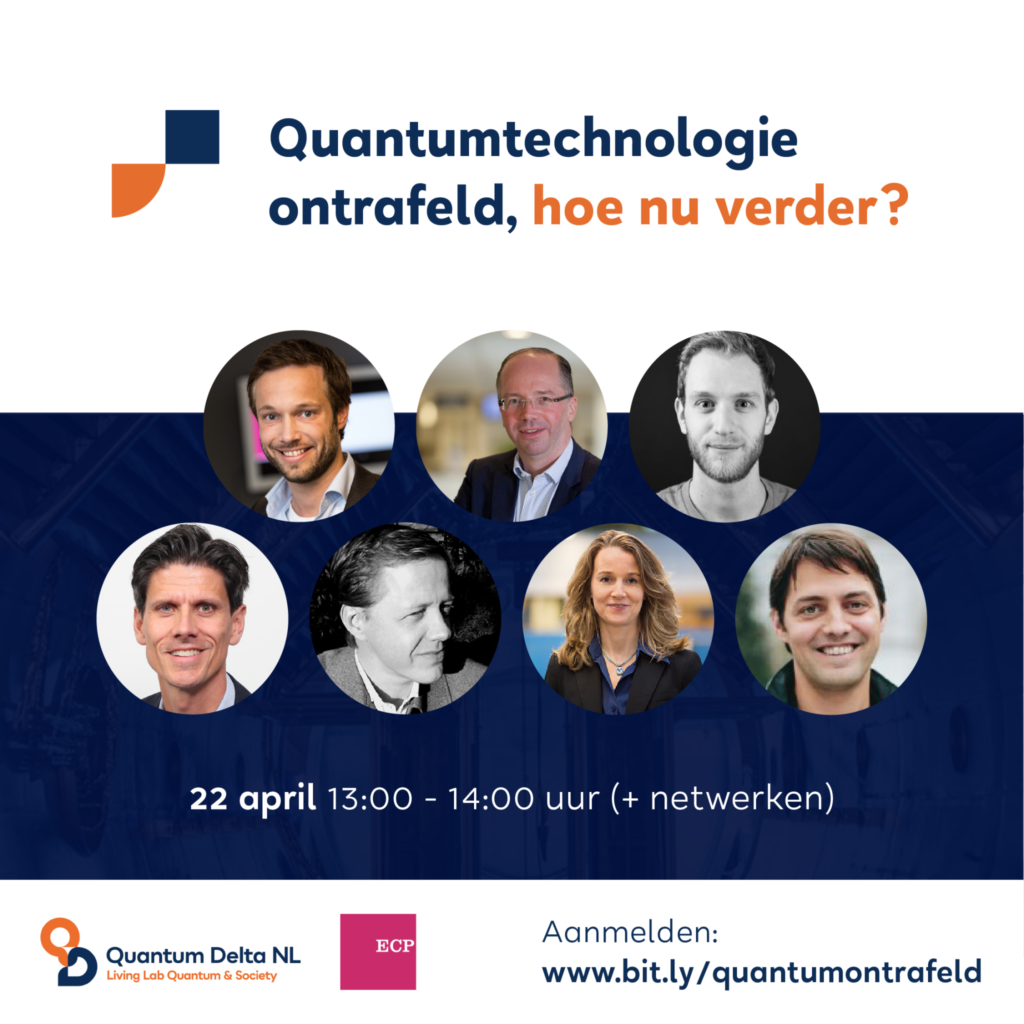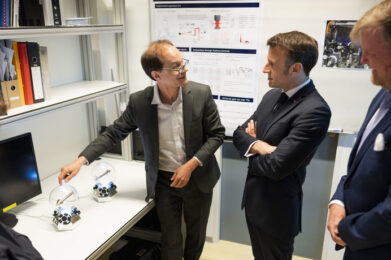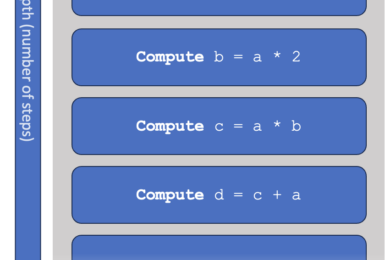On 22 April 2021, Quantum Delta NL and ECP co-organise: Unraveling Quantum Technology: What now?
+ What is the potential of quantum technology?
+ What specific applications does it have?
+ What about the ethical and legal aspects, and its effects on society?
An expert panel moderated by ECP’s Daniël Frijters will address all of these (and your!) questions between 13:00 and 14:00 (CET).
Panelists come from a variety of backgrounds:
-
Deborah Nas, Professor and Innovation Expert at the TU Delft
-
Joris van Hoboken, Professor of Law at the interdisciplinary Research Group on Law, Science, Technology & Society (LSTS)
-
Dr. Cor van der Struijf is IBM’s Quantum Ambassador
-
Dr. Koen Groenland is the Quantum Innovation Officer at QuSoft
-
Mark Buningh is the Cyber Security & Quantum Technology Specialist at independent research organization TNO
-
Mauritz Kop is a Stanford Law School Fellow & Managing Partner at AIRecht
Deborah and Joris are both on the team of Quantum Delta NL’s Living Lab Quantum and Society.
There’s room for discussion and networking at 14:00 hours. Please note this event will be held in Dutch.
Please join us. You can sign up via bit.ly/quantumontrafeld





